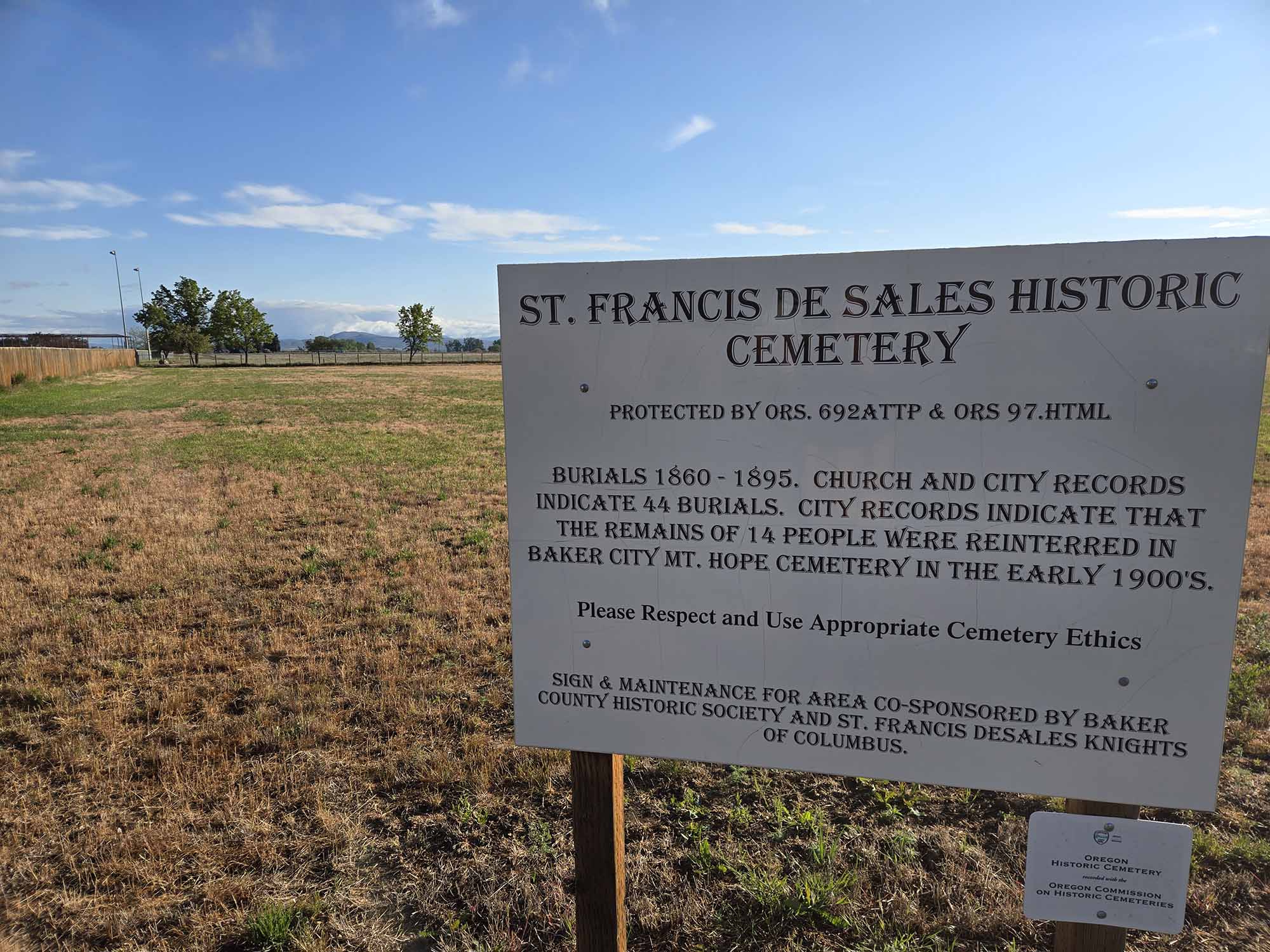DHS tries to hide its failures
Published 1:35 pm Wednesday, November 28, 2018
So much for the idea that the Oregon Legislature could spur improvements in the state’s failing child protection system by passing a law.
Trending
Lawmakers did their part in 2017 when they passed Senate Bill 819. It requires the state Department of Human Services to investigate the death of any child who’d had contact with child protective services in the previous year, if the death might have resulted from abuse or neglect. The law requires the state to write a report of the investigation and to make it public.
The state hasn’t complied with the new law.
And as a recent story in The Oregonian shows, failures are far more common than successes.
Trending
The Portland newspaper reported that the Department of Human Services this summer finished just 11 percent of child welfare investigations within the prescribed time frame. Federal standards call for a 90-percent compliance rate.
But rather than concede their failings, state officials contend that so long as they’re working on an internal review of a child’s death, the 2017 law gives them an indefinite amount of time to make reports available to the public.
State Sen. Sara Gelser, D-Corvallis, who supported the 2017 law, said officials who interpret the law in that way are ignoring one of its main purposes, which is to ensure the public can track the child welfare system’s progress.
“Without publishing those (reports), there is no way for the public to know the department is following the statute,” Gelser said.
The state’s sluggish response could have financial motivations, as well. Families who want to file a wrongful death lawsuit against the state generally have to do so within one year of a child’s death, but if investigation reports aren’t available it could be difficult for a potential plaintiff to determine whether there is a legal basis for such a suit.
DHS has a difficult job. But it’s also a vital job, and state officials have a moral and legal obligation to conduct their work, with reasonable exceptions to protect individuals’ privacy, in the public’s purview.
— Jayson Jacoby, Baker City Herald editor








